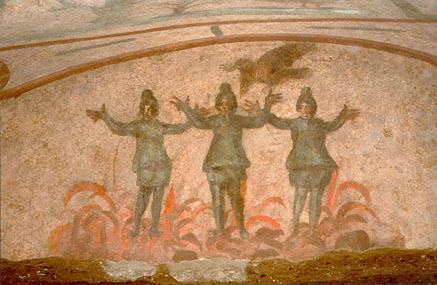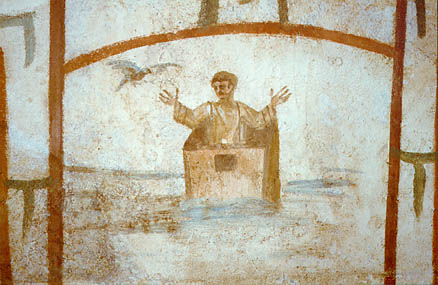- Apr 6, 2018
- 7,356
- 5,235
- 25
- Country
- United States
- Faith
- Eastern Orthodox
- Marital Status
- Single
So I was having a discussion with a friendly user here in CF regarding the use of images in worship.
He said: "The incarnation was not a depiction of God, but the union of the second person of the Godhead to a human nature. In our view, we saw the physical form of his humanity, but hidden in the mystery of the hypostatic union his Godhood was evidently there, invisible to human sight."
I said: "We might have to agree to disagree. This is coming to an issue about weather we worship the divine portion of Christ or the person as a whole."
He answered back: "It is an issue of conflating and of mixing the distinct natures of Christ. While Christ's person is divine, we must acknowledge the distinction between his natures. If we say that him being God, his humanity becomes God, we will be leaning too much toward the heresy of Monophysitism."
And then I finished: "It might also lead to Nestorianism"
So what's your opinion about the exchange?
He said: "The incarnation was not a depiction of God, but the union of the second person of the Godhead to a human nature. In our view, we saw the physical form of his humanity, but hidden in the mystery of the hypostatic union his Godhood was evidently there, invisible to human sight."
I said: "We might have to agree to disagree. This is coming to an issue about weather we worship the divine portion of Christ or the person as a whole."
He answered back: "It is an issue of conflating and of mixing the distinct natures of Christ. While Christ's person is divine, we must acknowledge the distinction between his natures. If we say that him being God, his humanity becomes God, we will be leaning too much toward the heresy of Monophysitism."
And then I finished: "It might also lead to Nestorianism"
So what's your opinion about the exchange?


